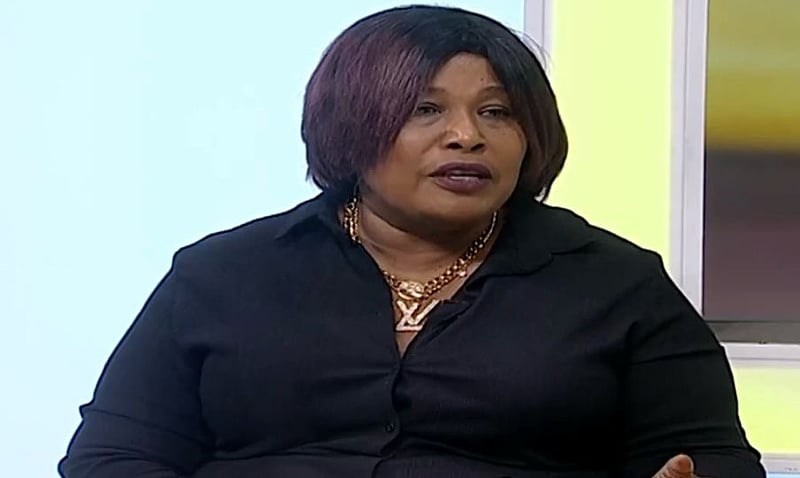The controversy surrounding the suspension of Ghana’s Chief Justice, Gertrude Esaaba Torkonoo, has ignited a debate on due process, gender equality, and the independence of the judiciary. Presidential Staffer Nana Yaa Jantuah has firmly rejected calls for leniency towards the Chief Justice based on her gender, emphasizing that the legal process should be applied impartially regardless of an individual’s status. Jantuah argues that invoking the “gender card” is inappropriate and that the established constitutional procedures for addressing such petitions must be followed. She points to precedents where individuals have undergone similar processes, some even resulting in exoneration, and advocates for allowing the current inquiry to run its course without prejudging the outcome. Jantuah’s stance reflects a commitment to upholding the rule of law and ensuring equality before the law.
Chief Justice Torkonoo has responded to her suspension by filing a lawsuit at the Supreme Court, seeking a range of reliefs that challenge the legitimacy of the proceedings against her. Her legal action includes a request to overturn the suspension and an injunction to halt the activities of the five-member committee tasked with investigating the petitions calling for her removal. Furthermore, she has requested that Justices Gabriel Scott Pwamang and Samuel Kwame Adibu-Asiedu be recused from the process due to concerns about their impartiality. The Chief Justice’s lawsuit signals a robust defense of her position and a determination to contest the grounds of her suspension.
Godfred Yeboah Dame, the Chief Justice’s lawyer and former Attorney General, has framed the legal battle as a defense of the judiciary’s independence. He contends that the ongoing removal process threatens the integrity of this vital institution and calls upon principled citizens to voice their opposition. Dame’s involvement underscores the significance of the case and its potential implications for the balance of power within Ghana’s governmental framework. His appeal to public conscience seeks to rally support for the Chief Justice and to portray her suspension as an assault on judicial autonomy.
The ongoing dispute raises fundamental questions about the interplay between legal procedures, gender considerations, and the protection of judicial independence. Jantuah’s insistence on adherence to established processes underscores a commitment to the rule of law, while the Chief Justice’s legal challenge and her lawyer’s public pronouncements highlight the complexities of ensuring fairness and impartiality in high-stakes legal proceedings. This controversy has the potential to significantly shape public perceptions of both the executive and judicial branches of government. The outcome of the legal proceedings and the public discourse surrounding them will undoubtedly influence future interpretations of constitutional processes and the boundaries of judicial independence.
The case also touches upon the sensitive terrain of gender dynamics in positions of power. While Jantuah rejects the notion of special treatment based on gender, the very fact that the issue has been raised indicates the ongoing challenges of achieving true gender equality within the legal and political spheres. The public scrutiny of this case serves as a reminder of the need for vigilance in guarding against both overt and subtle forms of gender bias. It necessitates a nuanced understanding of the ways in which gender can intersect with legal and political processes, potentially affecting perceptions of fairness and impartiality.
The unfolding events surrounding the Chief Justice’s suspension are likely to have far-reaching consequences for Ghana’s legal and political landscape. The outcome of the Supreme Court case will not only determine the fate of the Chief Justice but also set important precedents regarding the procedures for removing high-ranking judicial officials. Furthermore, the public debate sparked by this controversy has the potential to reshape public understanding of the relationship between the executive and judicial branches of government and contribute to a broader discussion on the importance of safeguarding judicial independence in a democratic society. The intense scrutiny of this case serves as a testament to the critical role of the judiciary in upholding the rule of law and protecting the rights of citizens.














